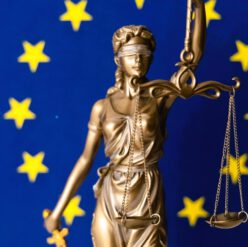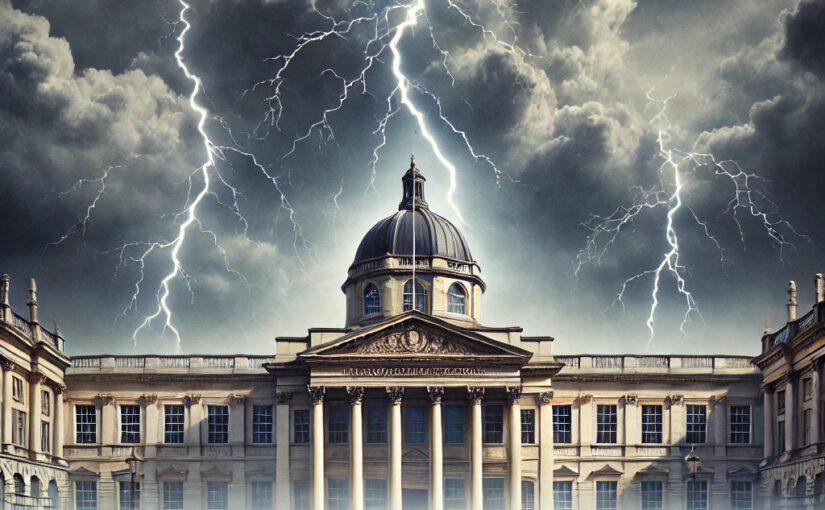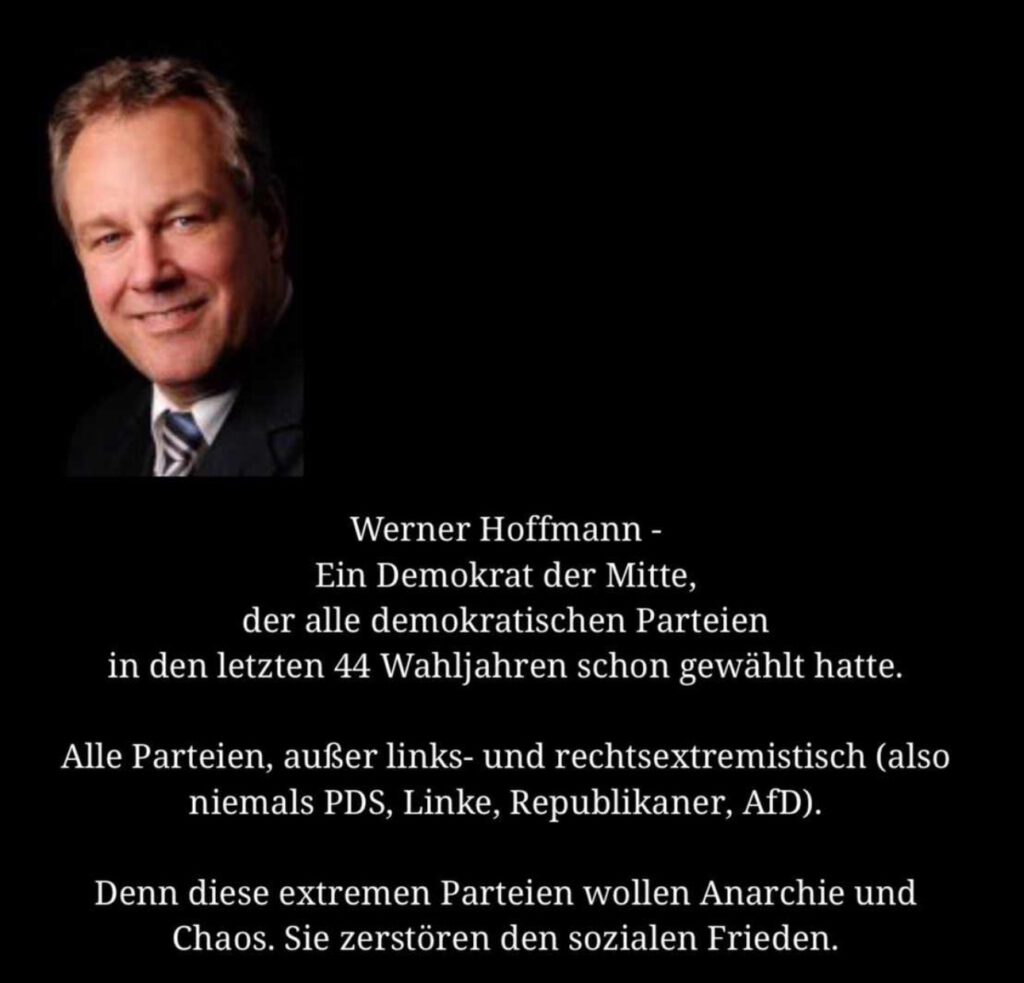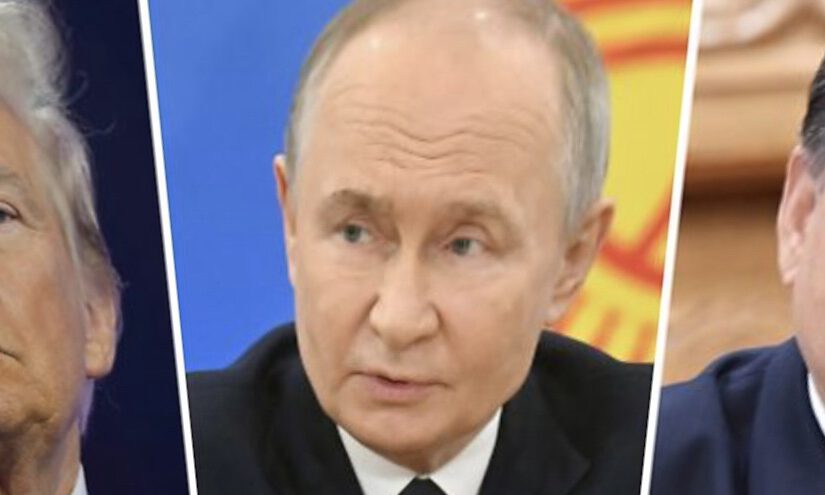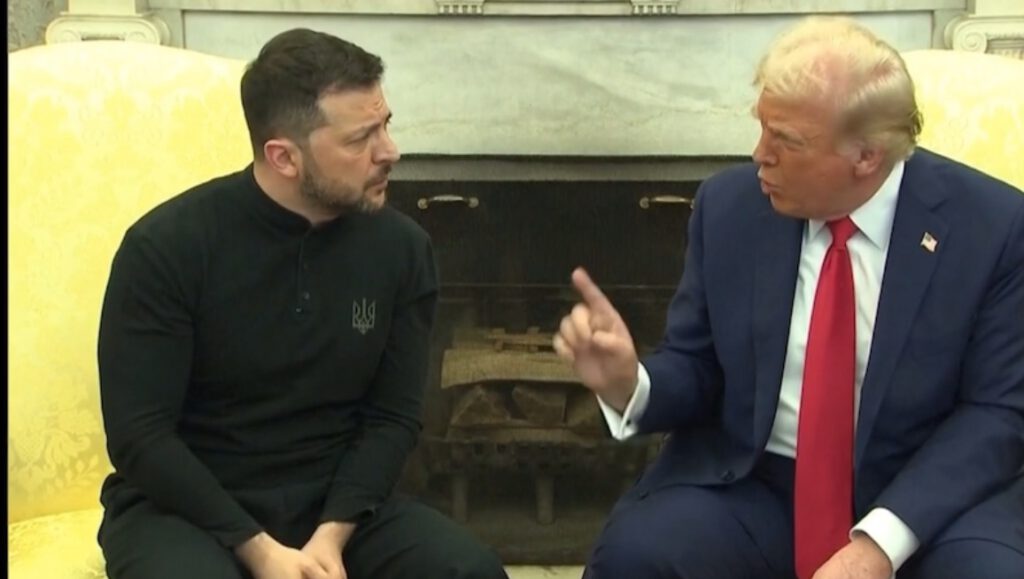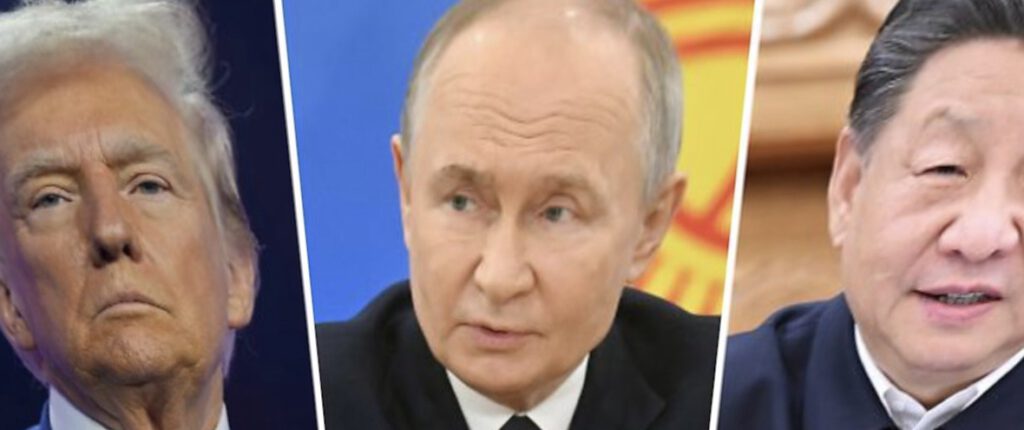By

The Royal Society, one of the world’s oldest and most prestigious scientific institutions, is at the center of a heated controversy.
for reading aloud
More than 3,000 scientists have signed a petition demanding the expulsion of Elon Musk from the society, accusing him of violating its code of conduct by spreading baseless conspiracy theories through his social media platform, X (formerly Twitter).
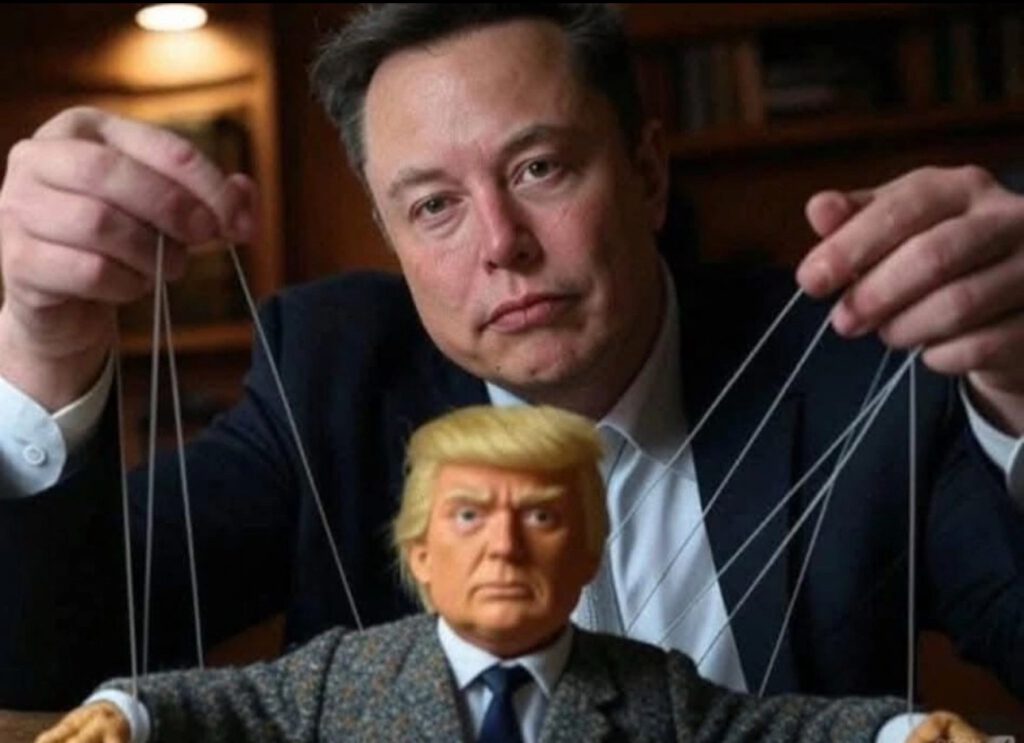
On Monday evening, the Royal Society convened a meeting to discuss the petition. While the institution emphasized that all matters concerning its members remain strictly confidential, the debate has ignited widespread discussion—not only among scientists but also in the public sphere.
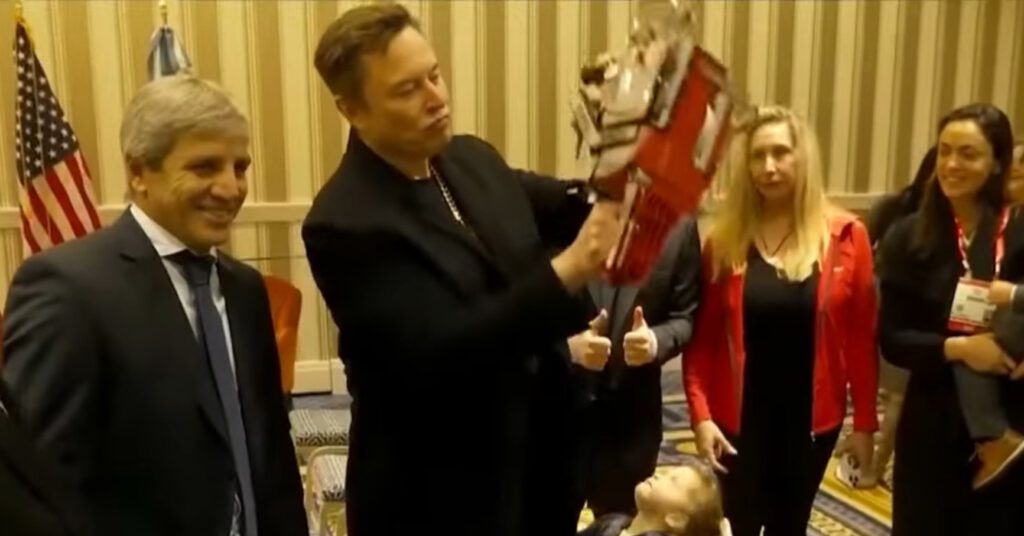
Elon Musk – From Honored Member to Controversial Figure
Elon Musk was elected to the Royal Society in 2018, a prestigious recognition granted to only a select few scientists and entrepreneurs. His groundbreaking advancements in electric vehicles (Tesla) and space exploration (SpaceX) made him an undeniable force in innovation. However, in recent years, Musk has increasingly found himself at the center of political and social controversies.
His activities on X have drawn sharp criticism, with accusations that he actively spreads misinformation and fuels conspiracy theories. Critics argue that Musk deliberately sows distrust in scientific institutions while amplifying populist narratives.
Stephen Curry, an emeritus professor of structural biology at Imperial College London and author of the open letter against Musk, described him as “one of the most active purveyors of misinformation.” He urged Royal Society members to show “wisdom and courage” by taking a firm stand in defense of scientific integrity.
What Would Musk’s Expulsion Mean for Science?
Expelling Musk would set a historic precedent for the Royal Society. Since its founding in 1660, the institution has honored some of the greatest minds in history, including Isaac Newton, Charles Darwin, Albert Einstein, and Stephen Hawking. Removing a high-profile member for ethical violations and misinformation would be unprecedented.
The petition against Musk has been signed by several Nobel laureates, reinforcing the argument that his actions threaten public trust in science and contribute to the erosion of scientific standards.
The controversy comes at a time when public faith in science is increasingly under attack. Disinformation, political interference, and conspiracy theories have gained traction in recent years, largely due to the influence of social media platforms.
Musk’s Response: Defiance and Mockery
Unsurprisingly, Elon Musk dismissed the controversy with sarcasm and defiance. In a characteristic social media post, he stated: “Only cowardly, insecure fools care about awards and memberships.”
Rather than addressing the concerns seriously, Musk used his X platform to ridicule the petition, claiming it was driven by a “woke mob” trying to suppress free speech.
For many scientists, this reaction is precisely the core issue: Musk has shifted from being a visionary entrepreneur to a divisive figure who appears more interested in influencing public opinion than adhering to scientific principles.
The Growing Concerns Over Musk’s Political Influence
Another major point of contention is Musk’s political influence. The petition’s signatories argue that the situation has worsened since it was revealed that Musk is now an advisor to former U.S. President Donald Trump.
Trump, who has long been hostile to climate science and scientific institutions, significantly weakened environmental regulations and undermined the credibility of scientific research during his first term. The idea that Musk—who wields enormous economic and media power—is now in a position to shape policy has alarmed many within the scientific community.
The concern is that Musk could weaponize his influence on X to distort or manipulate scientific discourse, particularly on issues like climate change, artificial intelligence, and space policy.
A Precedent for Other Scientific Institutions?
The Musk case raises broader ethical questions for scientific institutions worldwide. How should the scientific community handle members who violate its fundamental values?
As disinformation spreads rapidly, organizations like the Royal Society must decide how to protect the credibility of science while avoiding censorship accusations.
If Musk is expelled, it could set a precedent for other institutions to take stronger stances against misinformation and ethical misconduct. On the other hand, if he remains, it may signal that scientific organizations are reluctant to hold high-profile figures accountable.
The Bigger Picture: Science vs. Populism
The Royal Society’s decision will not just determine Musk’s membership—it will also shape the future of scientific credibility in an era of political polarization and online misinformation.
Expelling Musk would send a clear message that science must remain independent from ideological distortions. Keeping him, however, might be seen as a failure to defend scientific values against the growing tide of disinformation.
Regardless of the outcome, one thing is clear: the battle between scientific integrity and misinformation is far from over.
